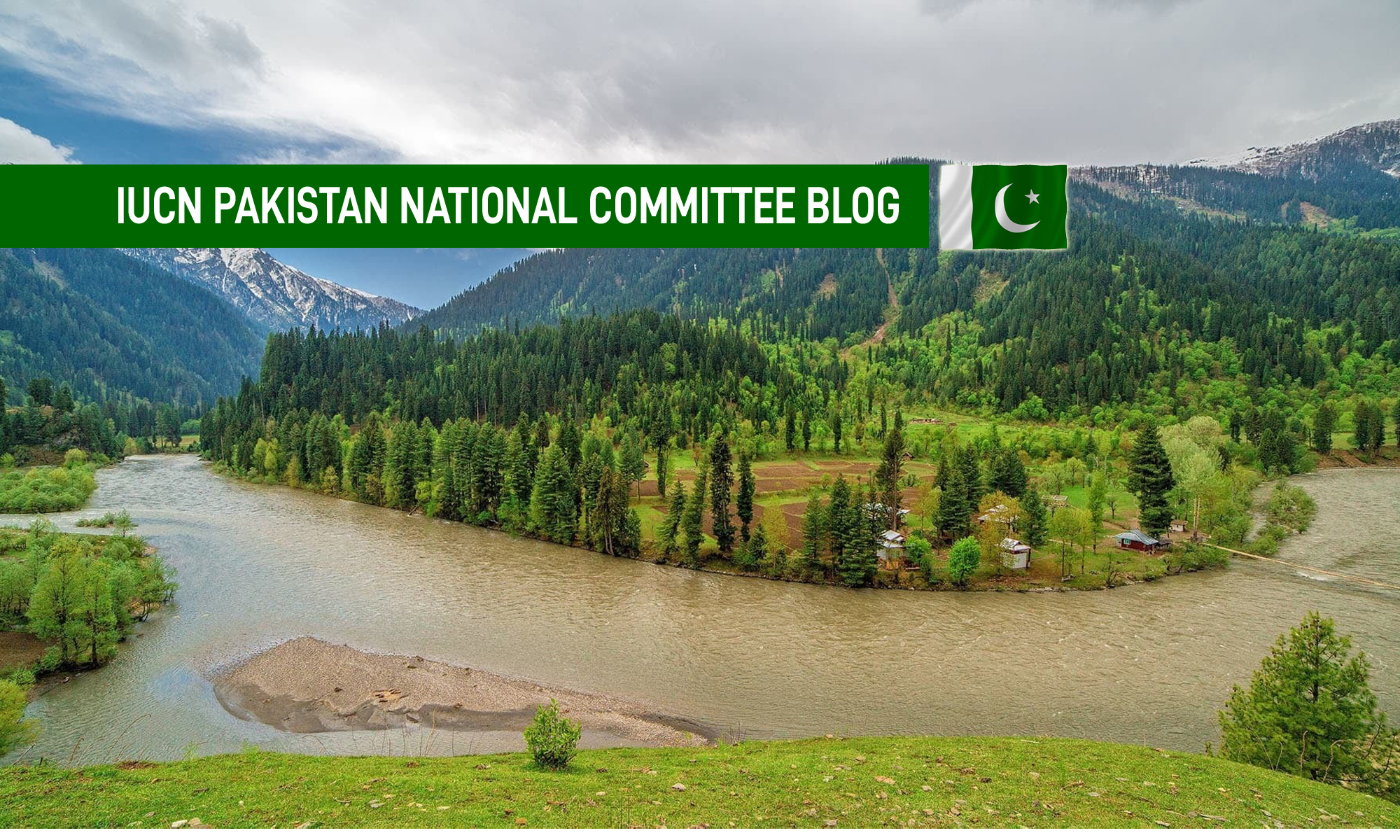Tahir Qureshi – Pakistan

“In 1984, when I was a Divisional Forest Officer, I was kidnapped in the thick forest of Dadu, in southern Pakistan. The armed gang kept me in captivity for two nights but it seemed like a thousand years. My confidence was shattered and my career took a turn for what I thought at the time was the worst. After this, I decided to work on coastal conservation. This change, which involved restoring mangroves, was actually a blessing in disguise. It gave me a platform to chart completely unexplored territory in Pakistan.”
Tahir Qureshi is Programme Director of IUCN Pakistan’s Coastal Ecosystem Unit. He was the first forest officer to be kidnapped by a notorious gang of dacoits belonging to the renowned Baloch Chandio Tribe. The 60-strong gang, armed with the latest weapons, were operating in densely forested areas.
“I felt extremely threatened, but surprisingly, they released me without taking the ransom when they found out that I was a forest officer,” says Tahir.
This dramatic incident changed the course of his life. Since then, he has been planting and rehabilitating mangrove forests and ensuring the sustainable use of resources in his country’s coastal areas.
In Pakistan, Tahir is known as the ‘Father of Mangroves’. He has single-handedly changed the face of coastal areas in a country where mangroves were considered wasteland until the 1970s.
The main reasons why mangroves were neglected were a lack of knowledge of their value and a lack of skills in how to manage them. When Tahir discovered the important economic role mangroves play as breeding ground for fisheries, it impressed planners, policy makers, irrigation engineers and local communities alike.
All realized the numerous benefits of increasing coastal and terrestrial biodiversity, including providing alternative sources of fuel wood and animal fodder. Mangrove plantations now serve as the first line of defence against natural disasters—protecting against flash floods, sea intrusion and have helped to stabilize sand dunes along the coast. Tahir has re-introduced two new mangrove species that had disappeared—Rhizophora mucronata and Aegiceras corniculatum.
Tahir has now convinced the government to embark on an ambitious project to prevent further sea water intrusion. Under this project, IUCN and the Government of Pakistan will plant mangroves over an area of 100,000 hectares.
Tahir has a long track record of working with local communities. He trains coastal people in how to plant mangroves and in the various techniques needed to manage these areas. In doing so, he instills a sense of conservation within the community. His methods have brought far-reaching benefits. Local communities now have an alternative source of income, not only by planting saplings but also reaping their benefits as breeding grounds for fisheries.
Tahir can be contacted at: tahir.qureshi@iucn.org









